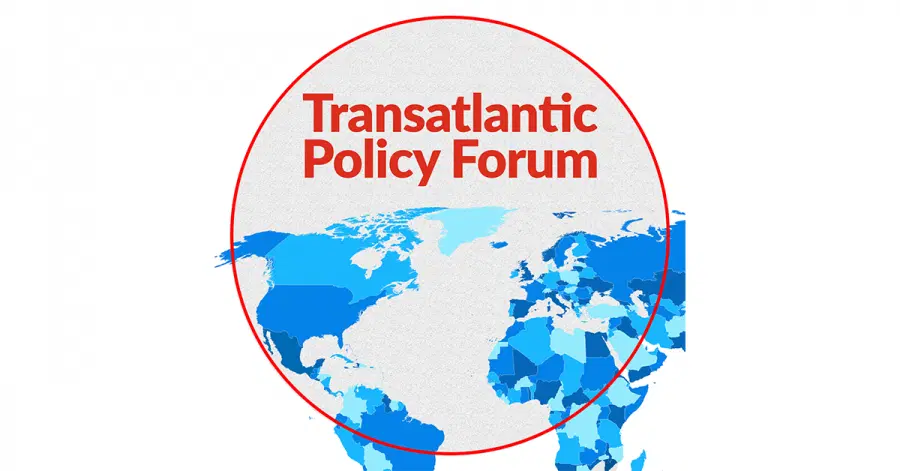POLICY PAPER: Postpandemická budoucnost transatlantických vztahů – čas přestavby, nebo opravy?

After already enduring a 4-year term under United States’ President Trump, the future of the transatlantic relationship is at a critical junction. The US faces an upcoming election where the next administration can either further deteriorate relations or seek to rebuild and strengthen them. No matter the outcome, the future path will be intrinsically tied to how the transatlantic partners cope with the political, economic and security fallout of the global pandemic.
Will the US return to the fold of multilateralism and restore an equitable world order in cooperation with the EU, or does the EU stand alone and will have to rapidly grow into a more influential geopolitical player? Or will relations continue their downward trajectories current and spur an accelerated retreat towards isolationist policies, creating space for external challengers like China and Russia to reassert their global positions and challenge the established order? This analysis will examine the current and upcoming challenges on the transatlantic horizon in regard to post-COVID economic recovery. Each region has proposed policies to tackle the current and upcoming economic aftermath of the pandemic, but as Europe outlines strong policies, the Trump administration’s approach has had dire consequences. The Biden campaign’s approach, on the other hand, shows similarities to that of Europe, evoking hope for a more harmonized approach that has proven successful in the past.
This analysis will examine the US and EU’s diverging approaches to global issues, challenges and external challengers, such as Russia and China. As demonstrated by the Trump administration, the US is retreating on many of its multilateral and international commitments – how will the Transatlantic relationship look like if there is a second Trump term as opposed to if Biden takes over? Is the relationship irreparably damaged or can it be repaired? Finally, this paper will examine the future of transatlantic security under the framework of NATO’s 2030 reflection process and appraise how the new security landscape will look like post-COVID, especially as external threats mount and impact the Central and Eastern European front.
Celý článek si můžete přečíst pomocí tlačítka PDF.





